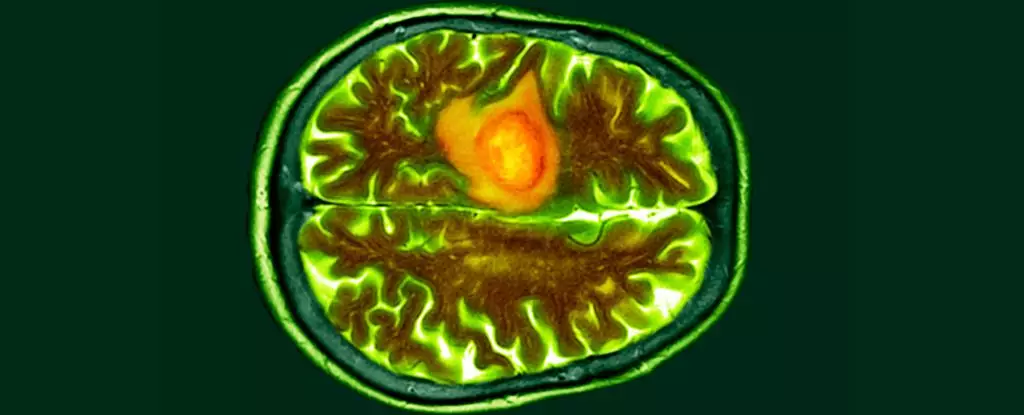A groundbreaking development in the field of cancer diagnostics has emerged with the invention of a new method for detecting brain cancer known as glioblastoma. This innovative ‘liquid biopsy’ technique requires only a small volume of blood, specifically 100 microliters, and can identify biomarkers associated with this deadly type of brain tumor within just one hour. The research team responsible for this game-changing invention is a collaboration between scientists from the University of Notre Dame in the United States and Australia.
The liquid biopsy method focuses on detecting mutated blood biomarkers, particularly epidermal growth factor receptors (EGFRs), that are characteristic of certain cancers, including glioblastoma. These biomarkers are encapsulated within extracellular vesicles, which are unique nanoparticles secreted by cells. The team leveraged the distinct features of these vesicles, such as their size and weak charge, to design a biosensor chip that specifically targets and detects mutated EGFRs. This biosensor chip, with a cost of less than $2, proved to be highly effective in experimental trials on both cancer patients and healthy individuals.
The liquid biopsy method exhibited remarkable accuracy in identifying cancer biomarkers at very low concentrations, making it a valuable tool for cancer research, biomarker discovery, and disease monitoring. However, despite its potential, the current prototype has certain limitations that need to be addressed. The presence of mutated EGFRs is not exclusive to glioblastoma, as they are also associated with other diseases like colorectal cancers. This broad association poses challenges in using the liquid biopsy to accurately diagnose specific types of cancer or determine disease progression.
Moving forward, the research team aims to refine the liquid biopsy technique by analyzing larger cohorts of glioblastoma patients to identify unique blood biomarkers that can distinguish this particular cancer. By conducting extensive testing on untreated plasma samples from a diverse pool of cancer patients, the researchers hope to establish specific profiles for different types of cancer at varying stages. This scaling up of the diagnostic platform could pave the way for personalized and targeted cancer treatment strategies based on individual biomarker profiles.
The liquid biopsy method represents a significant advancement in the early detection and monitoring of brain cancer, particularly glioblastoma. While there are challenges to overcome in terms of specificity and differentiation from other diseases, the potential of this innovative technique to revolutionize cancer diagnostics is undeniable. With further research and refinement, the liquid biopsy could become a cornerstone in personalized medicine for cancer patients worldwide.


Leave a Reply